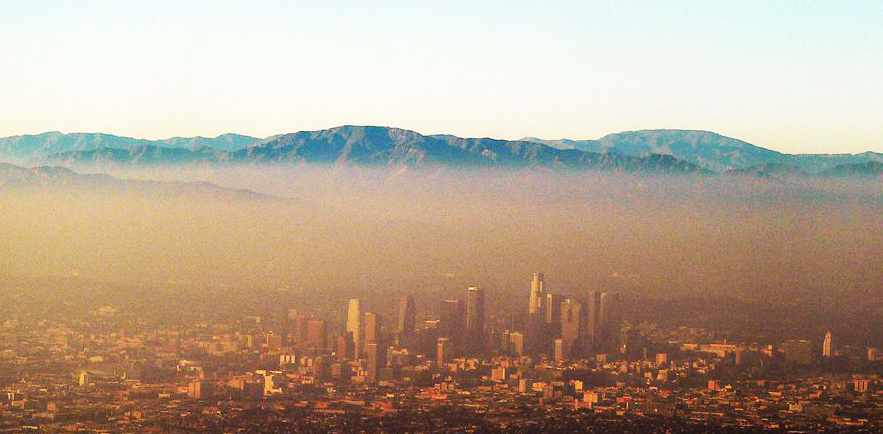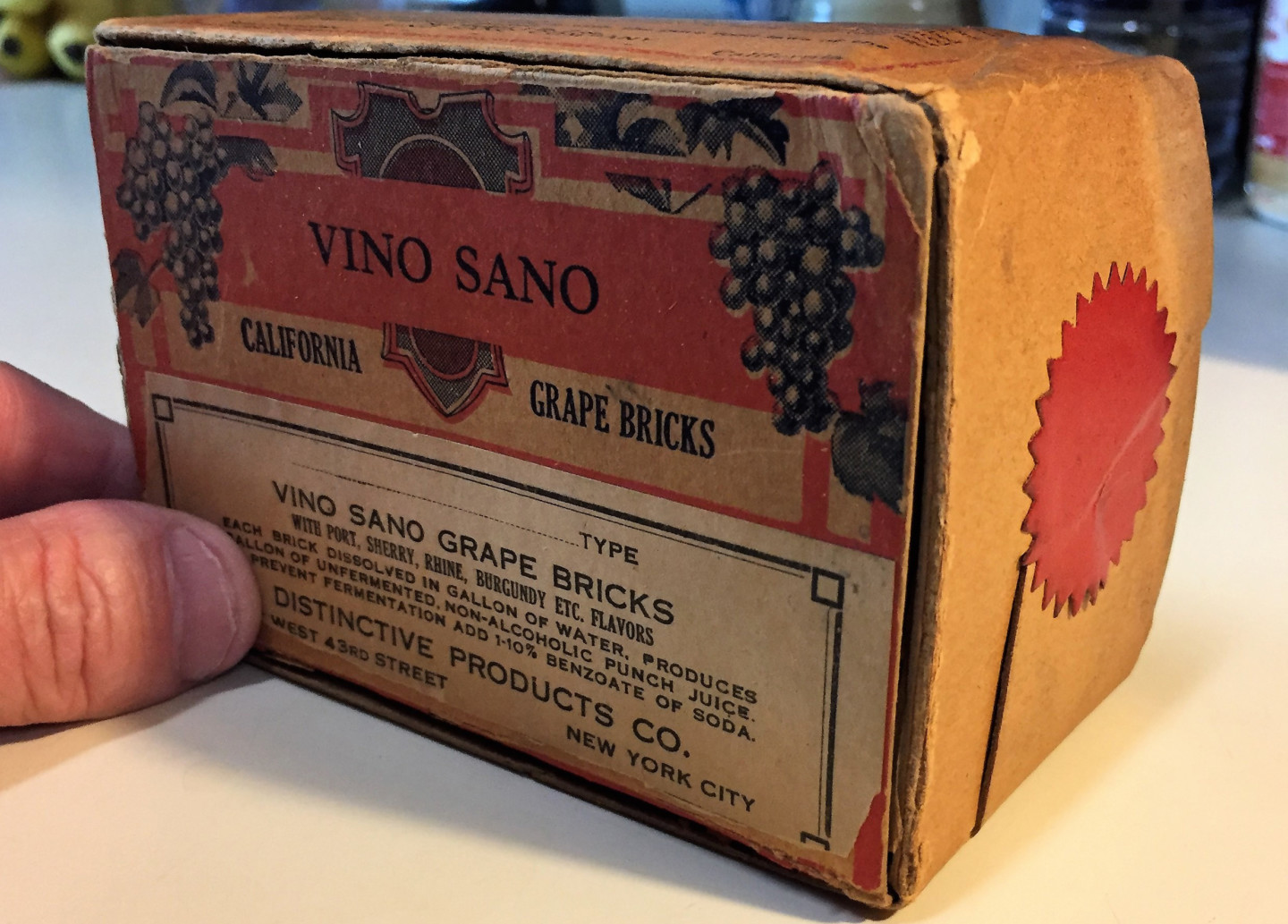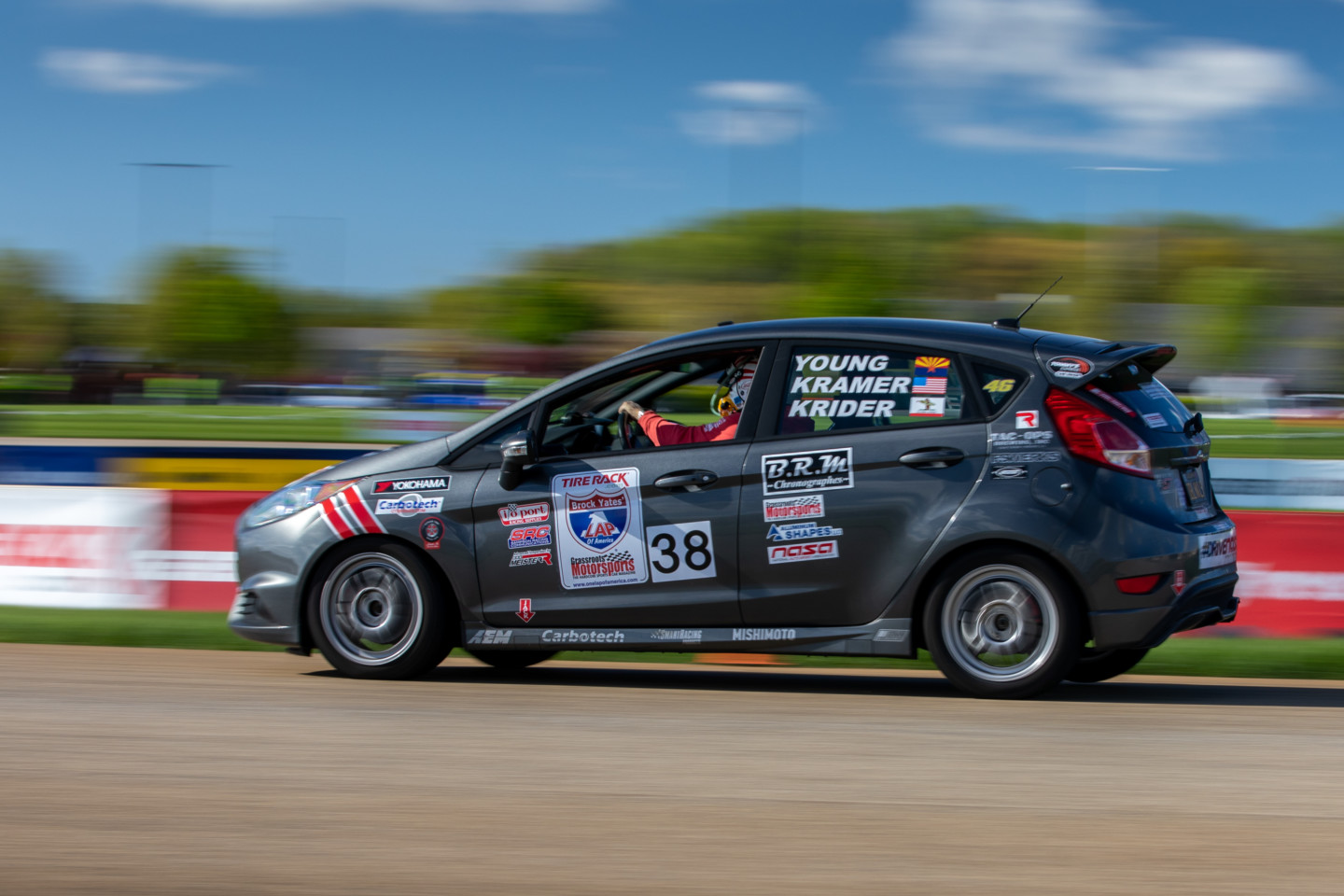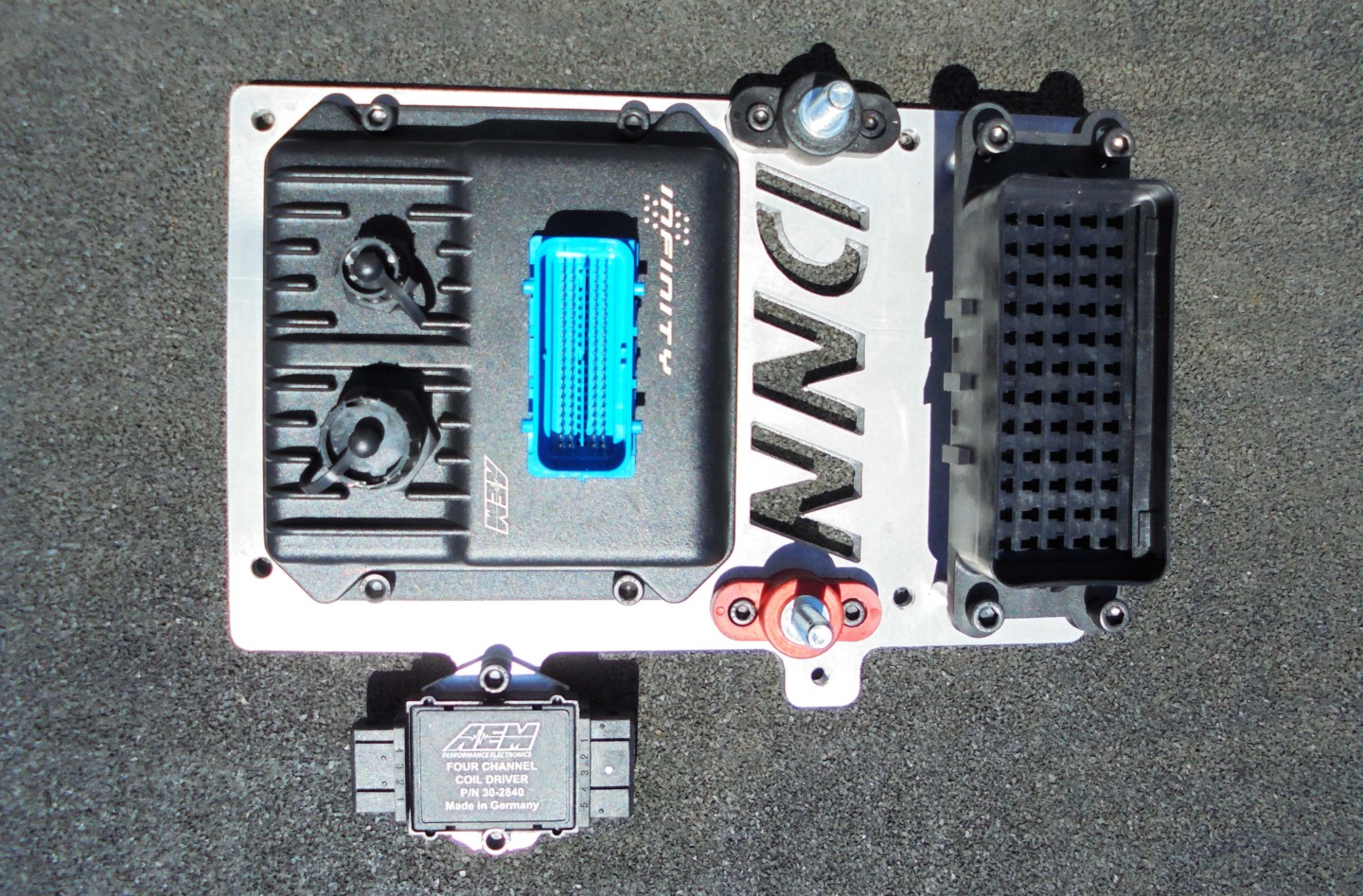The government is always a little late to the party. It’s not their fault. They are a huge bureaucracy with many moving parts. So, it isn’t a huge surprise that it has taken this long for them to figure out that a lot of car folks like to add performance to their vehicles by tuning the Engine Control Unit (ECU). But the California government has finally caught up with this trend and on July 19, 2021, when a vehicle is smog checked, the State will go through the OBDII port and scan the ECU to determine if an aftermarket tune is on board. If the ECU tune is not stock, you fail. Do not pass go, do not collect $200. I can already hear the people in Texas laughing at us.

Ah, the ole OBDII port, federally mandated on any vehicle sold in North America after 1996. It is a great place to connect, diagnose and even tune your car. Now, it’s a place for the government to get up in your ECU’s business. “Hey, you got a warrant for that?”
As a human being who breathes air, this new smog control check shouldn’t be all that infuriating. Clean air is a good thing. Newsflash: we all need clean air to live. Smog has been definitively improved in the Los Angeles area from years of improvements to ensuring the internal combustion engine burns cleaner. We have a lot of people in a concentrated area in California, all sitting in traffic burning gasoline and creating pollution. Smog checks are a way to improve that situation. So, as a car guy or gal who likes to improve their ride, how do you navigate this new set of rules? We still want to play with cars.

This is Los Angeles, California. Nope, it doesn’t look like this in the movies. Smog is a real issue and the California government is trying to improve it. You better lock your tuned ECU in your gun safe next to your AR-15.
So, what is the workaround? Well, you could drive a 1969 Cadillac Coupe Deville, there is no OBDII port or ECU on that bad boy. Or, you could buy a Tesla, because there is no engine in that car to be smogged. For folks with a tuned ECU there a couple of things you could do, however some of them are unethical and illegal and I would certainly not suggest them in any way, at all, ever. Think of these workarounds similar to the ones that were around during prohibition, like: “Whatever you do, do not use these grapes to make wine at your house.”

During prohibition, grape farmers would make semi-solid grape concentrates they called grape bricks. They were sold with a very specific warning on the label, “After dissolving the brick in a gallon of water, DO NOT place the liquid in a jug and leave it in a cupboard for 20 days, because then it would turn into wine.” You have been officially warned.
Not all custom tunes are sets of evil coding (they are simply zeros and ones) and they aren’t designed to destroy the environment. Some just get you better gas mileage or adjust digital speedometers for different sized tires. The ECU controls many things, not just the emissions equipment, and unfortunately even changing your shift points on the transmission will cause you to fail inspection. Thankfully many companies provide tuners that add tunes and that also take tunes away from an ECU. We used a COBB tuner to add a custom FSWerks tune to our “Way of the FiST” Ford Fiesta ST for the One Lap of America race. Once the race was over, we pulled the tune out of the ECU to go back to stock. The trick is not just switching the tune back to stock, but completely removing the handheld tuner signature and its access to the ECU.

We added a tune to our Ford Muscle project car Ford Fiesta for the One Lap of America event which was run outside of California. When we got back to the state line we pulled the tune out of the ECU. If the car was tested today it would pass smog.
SCT Tuners have the ability to put tunes in and take them back out (like…right before you go to the smog station). SCT and other tuners also have CARB (California Air Resources Board) legal tunes that should pass inspection. This is just the reality in the Golden State. Living in California we have had difficulty working with aftermarket companies even for track specific racecars for years. We attempted to order a tuner from Hondata for our NASA Honda Challenge racecar and they would not ship it to us in California. We have a crew member who lives in Arizona and we told them to ship it there. They wouldn’t do that either because we were paying with a Paypal account with a California address. The illegal and unethical workaround was to have the crewmember purchase it with his account and then he would ship it to us later. The only people making money on this deal are UPS. And all this is for a caged racing car with no license plate.

Standalone engine management systems, like this AEM Infinity, can do wonders to make your car faster, but will only cause you grief at a California smog station.
Californians, if you are rocking a modern car and you have a juiced tune in the ECU you have been officially warned. When you need to do a biannual smog check odds are that car will fail. Well, I say it will fail, unless you are part of a car community that shares one stock ECU that you all pass around for smog checks. Not that I would ever suggest something like that, because that would be unethical and illegal.
Editor’s note: While humorous, this story is not intended in any way to advocate circumventing emissions laws that protect the environment. However, it does acknowledge that certain policies, when enforced, may have no bearing on emissions while greatly inconveniencing enthusiasts looking to modify their vehicles and support the $400 billion aftermarket industry.


















